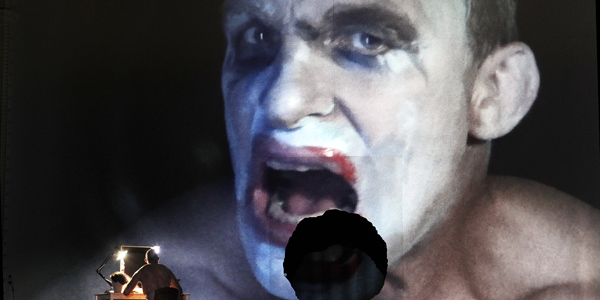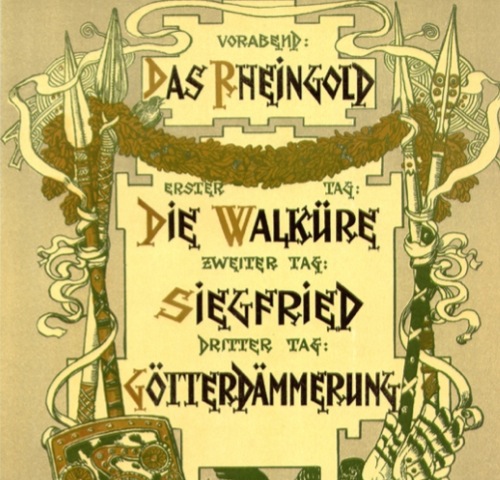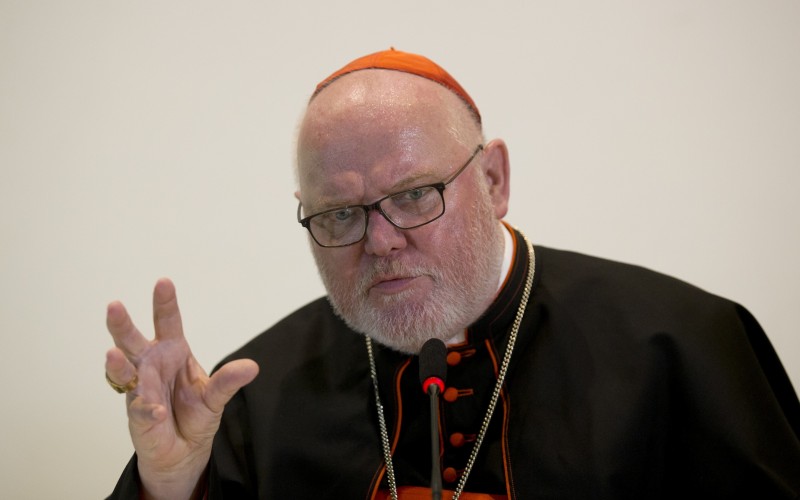The Jewish Question: Suggested Readings with Commentary, Part One of Three: The Enlightenment and Jewish ‘Emancipation’
I was recently contacted by the social media group ‘Smash Cultural Marxism,’ who asked me for a list of recommended readings on the Jewish Question. Because this was the latest in a number of similar requests, I thought it best to make a public offering in this regard, since the finished product is likely to be more polished, more complete, and ultimately more useful than I could otherwise offer in an individual email. The following ‘prose bibliography’ takes it for granted that readers are very familiar with the work of Kevin MacDonald, as well as popular contemporary texts by David Duke and E. Michael Jones. Nevertheless, at the outset I’d like to state that the Culture of Critique series represents a unique and significant leap forward in our understanding of Jewish group behavior, and also in the way we write about and explore this phenomenon. I should stress also that I refer to the entire series, rather than just the extremely popular third book of MacDonald’s trilogy. Taken together, these works offer an unparalleled and truly comprehensive analysis of the phenomenon of Jewish group behavior, and its impact on surrounding societies. I would urge readers to read Separation and Its Discontents in particular. This text, the second of the trilogy and my personal favorite, tends to be under-appreciated because of its blockbuster follow-up, but it really is essential reading for developing an understanding of reactions to Jewish behavior — and the context and methods of Jewish counter-reactions. As much as the following bibliography will be of use to many readers, there is currently no better starting point for this subject matter than that offered by Kevin MacDonald.
Of course, the sum of Kevin MacDonald’s work stands in the immediate foreground of a long, though often under-appreciated, historical tradition of intellectual attempts to understand Jewish interactions with European societies. This bibliography is an attempt to shed light on the context, content, and significance of some works that may not be immediately recognizable to the majority of readers. It is not intended to be exhaustive, and inevitably there will be readers who feel that this or that text should have been included. Again, the following bibliography is a creation peculiar to its author, and it bears the imprint of the author’s own tastes, preferences, and range of reading. Selection has also been necessary due to the constraints of space and the sheer volume of available literature. Non-Jews have been discussing Jews and Jewish behaviour for millennia – in letters, pamphlets, speeches, policy documents, art, and books. Recent years have seen the further development of podcasts, documentaries and, dare I say it, memes. I have chosen here to discuss only books and important pamphlets, and I have limited my selection to those produced during and after the Enlightenment period. Earlier texts have been omitted for a number of reasons, the most important being that they often contained more Christian theology than empirical analysis. Although many often also contained trenchant sociological observations, the vast majority of these texts were ultimately influenced by supernatural understandings which, in my own opinion, often obstructed meaningful solutions to very problematic interactions. Read more

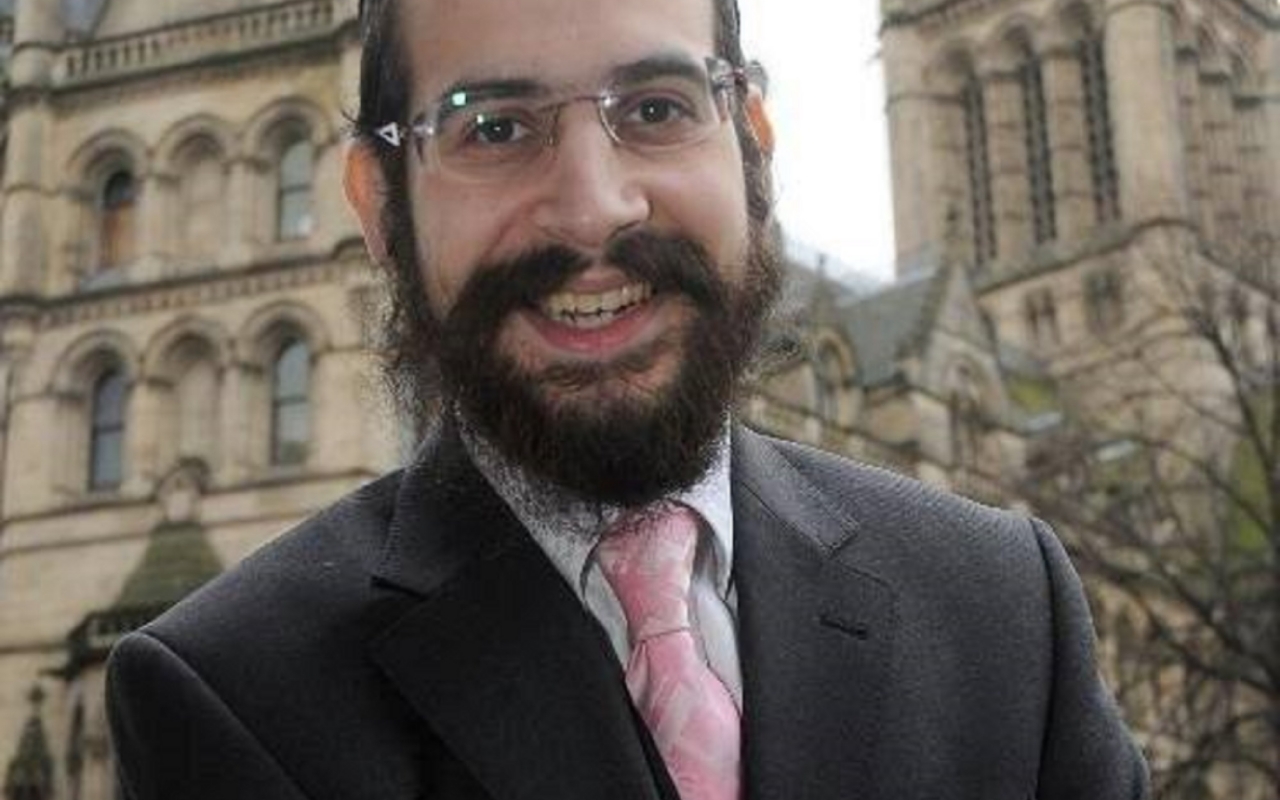
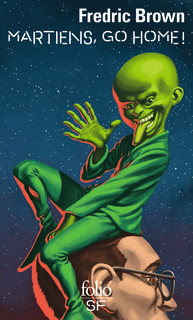 Many a science fiction book or film has a theme, or a debate therein, dealing with the question of whether “aliens” who are advanced enough to master space travel would, ipso facto, “come in peace.”
Many a science fiction book or film has a theme, or a debate therein, dealing with the question of whether “aliens” who are advanced enough to master space travel would, ipso facto, “come in peace.”